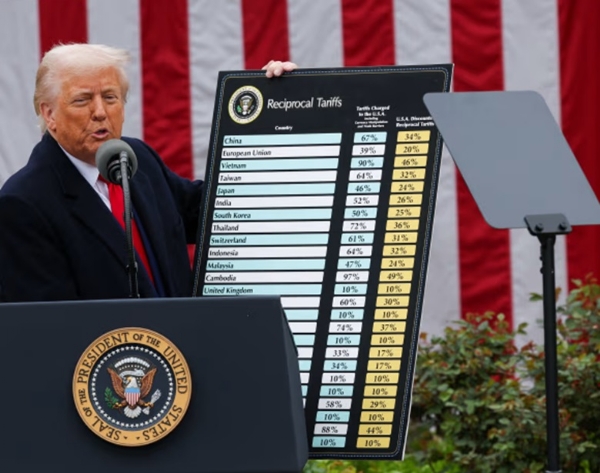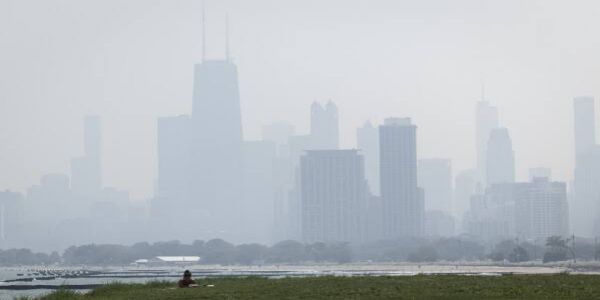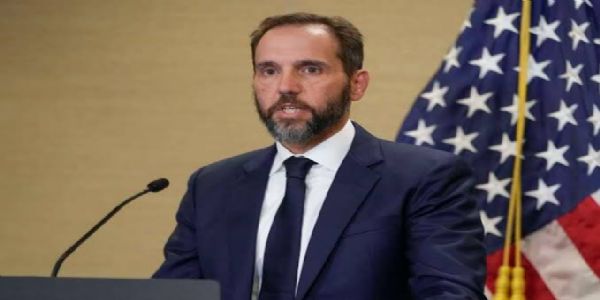
Washington, August 1(HS): Appellate court judges voiced strong skepticism regarding President Donald Trump's justification for a significant round of tariffs during a hearing at the U.S. Court of Appeals for the Federal Circuit. The judges challenged the Trump administration's claim that tariffs could be imposed without congressional consent, particularly questioning the use of the International Emergency Economic Powers Act (IEEPA). Judge Jimmie Reyna highlighted that IEEPA makes no reference to tariffs, indicating the judges' doubt about the administration's stance.
Brett Schumate, representing the Trump administration, conceded that no prior president has interpreted IEEPA in this manner but maintained that the actions were lawful. IEEPA, enacted in 1977, allows the president to act during a national emergency, a provision invoked during events such as the Iran hostage crisis and 9/11. Trump argues that the U.S. trade deficit warrants such an emergency response.The judges engaged critically with Schumate, questioning the alignment of tariffs with the threats cited by the administration.
Chief Circuit Judge Kimberly Moore highlighted absurdity in tying military readiness issues to unrelated tariff increases. Schumate contended that Congress granted the president broad authority under IEEPA without seeking limitless power.Plaintiffs' attorney Neal Katyal condemned Trump's actions as an unprecedented power grab, claiming it would enable the president to act unilaterally in emergencies. No immediate ruling was made, but the case is expected to proceed to the U.S. Supreme Court.
The Trump administration maintains that a national emergency necessitates its trade policies, a claim deemed unconvincing by a prior court.This case addresses a specific set of tariffs introduced by Trump in April and does not encompass his previous tariffs on certain imports or those related to China that continue under President Joe Biden. The ongoing legal battles reflect a broader tension regarding the separation of powers in setting trade policy, as Congress has increasingly relinquished its authority in this area to the executive branch.
Hindusthan Samachar / Jun Sarkar







